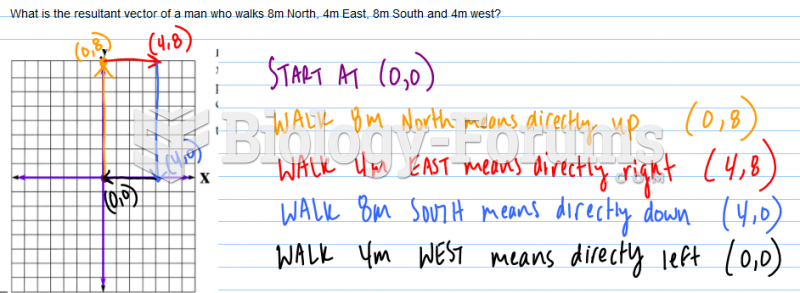This topic contains a solution. Click here to go to the answer
|
|
|
Did you know?
All adverse reactions are commonly charted in red ink in the patient's record and usually are noted on the front of the chart. Failure to follow correct documentation procedures may result in malpractice lawsuits.
Did you know?
Excessive alcohol use costs the country approximately $235 billion every year.
Did you know?
Blood is approximately twice as thick as water because of the cells and other components found in it.
Did you know?
This year, an estimated 1.4 million Americans will have a new or recurrent heart attack.
Did you know?
Individuals are never “cured” of addictions. Instead, they learn how to manage their disease to lead healthy, balanced lives.







